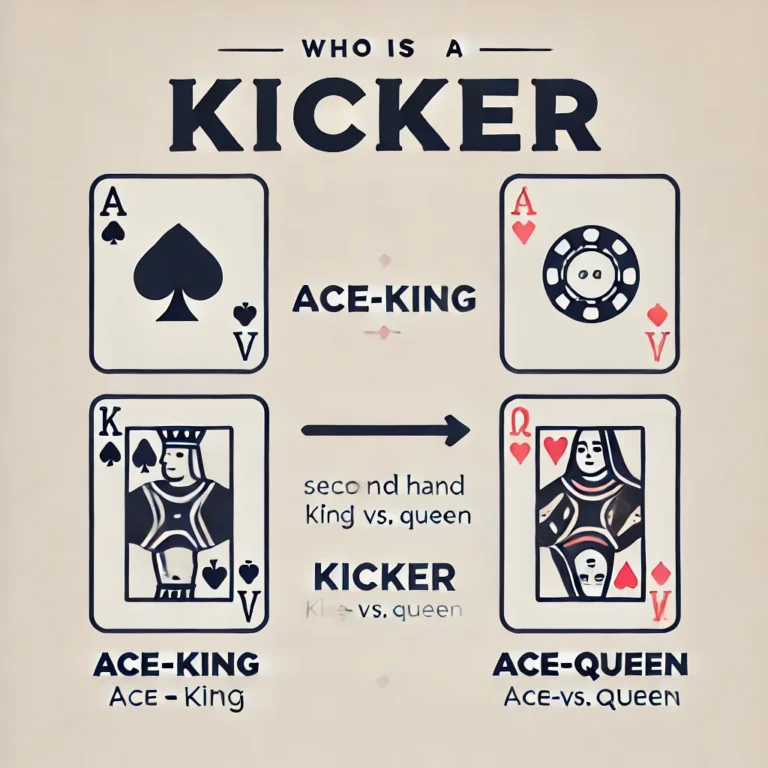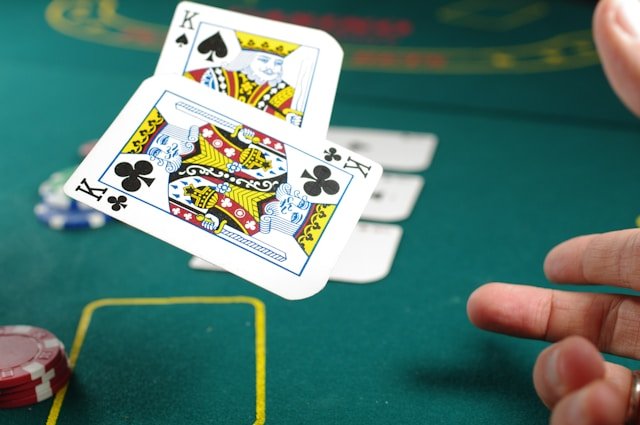Poker is a game of strategy, skill, and psychological prowess that has captivated players for generations. Whether you’re drawn to the excitement of Texas Hold’em, the complexity of Omaha, or any other variant, starting on the right foot is crucial for long-term success. Here are ten essential tips to help beginner poker players navigate the thrilling world of cards and chips.
The Most Essential Tips for Beginner Poker Players
Master the Rules of Your Preferred Variant
Prior to immersing yourself in the game, it’s vital to gain a comprehensive understanding of the rules governing your selected poker format. Whether opting for Texas Hold’em, Omaha, or any other variation, acquaint yourself with the essentials: hand rankings, betting structures, and fundamental gameplay principles. A wealth of online resources, books, and tutorials exist to aid you in navigating the basics and advancing further.
Establish Routines and Fixed Times to Play Poker
Consistency is key in poker. Establishing regular play times helps you develop a rhythm and discipline, essential qualities for success. Set aside dedicated periods for study, practice, and actual gameplay to hone your skills and maintain focus.
Have Your Bankroll Under Control
Managing your bankroll is fundamental to your poker journey. Set aside a specific amount of money dedicated solely to poker and stick to it. Avoid chasing losses or playing with money earmarked for essential expenses. A disciplined approach to bankroll management ensures longevity in the game, regardless of winning or losing streaks.
Observe and Analyze Your Opponents
Poker is as much about understanding your opponents as it is about the cards. Pay close attention to their betting patterns, tendencies, and reactions. Use this information to tailor your strategy and exploit their weaknesses effectively.
No Decision Made on the Spur of the Moment
Avoid impulsive decisions at the poker table. Take your time to assess the situation, evaluate your hand strength, and consider your opponents’ likely holdings. Patience and careful consideration lead to better decisions and improved outcomes over time.
No Bluffs
While bluffing is a thrilling aspect of poker, it’s a skill best mastered over time. As a beginner, focus on understanding the fundamentals of the game before delving into advanced tactics like bluffing. Over-reliance on bluffing without a solid foundation can lead to unnecessary losses.
Interpret Community Cards Effectively
In various poker variants, community cards play a pivotal role, shaping the course of every hand. Cultivate the skill to interpret the board accurately. It’s essential to grasp potential hand combinations and their implications for both your hand and those of your opponents, enabling you to make well-informed decisions.
Aim for Progress
Poker demands a perpetual journey of learning and adjustment. Dedicate yourself to continual enhancement through strategy study, gameplay analysis, and seeking guidance from seasoned players. Embrace challenges as chances to develop, keeping your skills sharp and adaptable.
Focus on the Game and Leave Everything Else for Another Time
When at the poker table, focus solely on the game at hand. Minimize distractions, both external and internal, to maintain concentration and make optimal decisions. Leave worries and distractions outside the poker room, allowing yourself to immerse fully in the experience.
Always Be Responsible and Disciplined for all Beginner Poker Players
Above all, approach poker with responsibility and discipline. Exercise self-control, avoid excessive gambling, and prioritize your well-being. Remember that poker is a form of entertainment, and maintaining a healthy balance is essential for long-term enjoyment.

Embarking on a poker journey as a beginner can be both exhilarating and challenging. By following these ten tips, you’ll lay a solid foundation for growth and success in the game. Study the rules, manage your bankroll wisely, observe your opponents, and focus on continuous improvement. With dedication, patience, and a strategic mindset, you’ll navigate the complexities of poker with confidence and skill.











